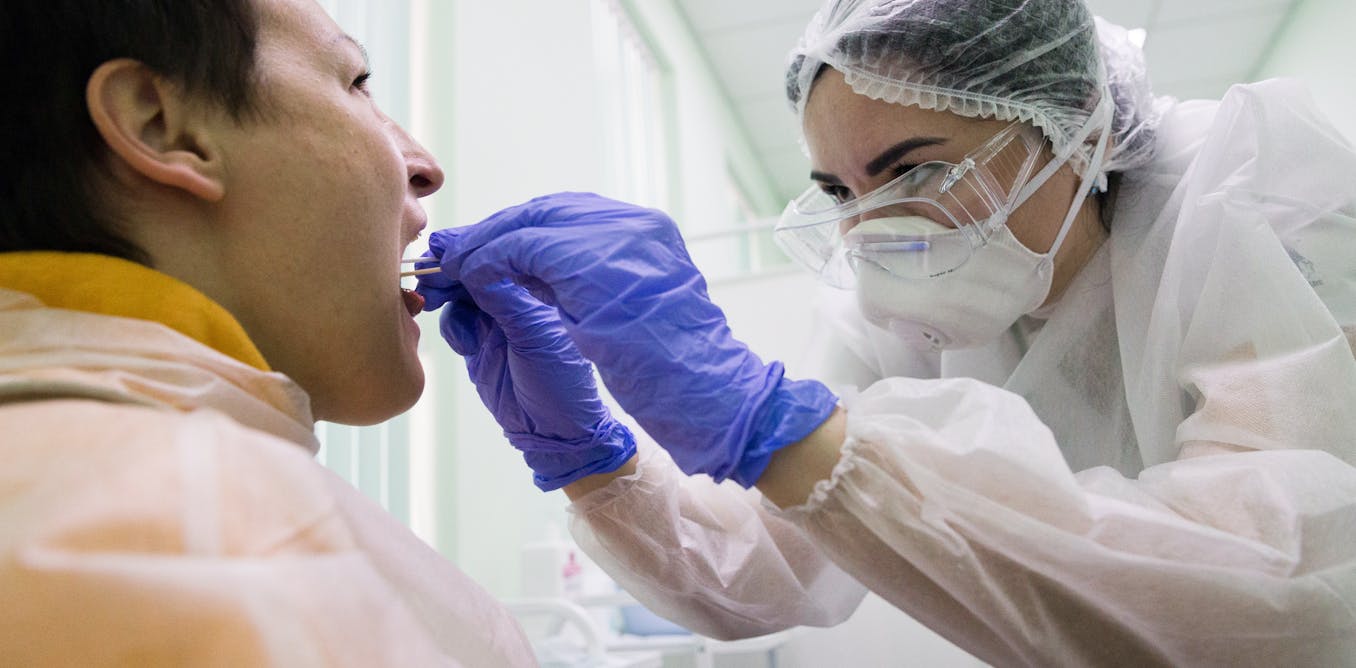A mix-and-match approach to COVID-19 vaccines could provide logistical and immunological benefits
Various companies use different ingredients and different delivery systems in their COVID-19 vaccines. Researchers are investigating whether it's better for individuals to mix what's available.
June 17, 2021 • ~9 min








